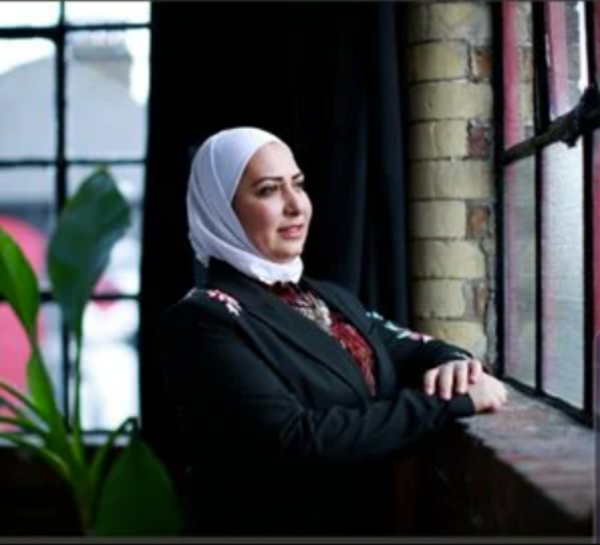Filters
Get involved with Pharmacology Matters
Interested in pitching an article or joining the Editorial Board?
Looking for older articles?
View and download Pharmacology Matters issues from 2008-2018.
Get involved with Pharmacology Matters
Pitch an article you would like to write, a piece of content you would like to make or find out how to become an editor.































